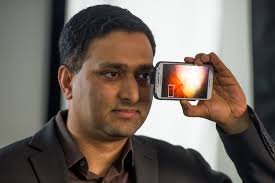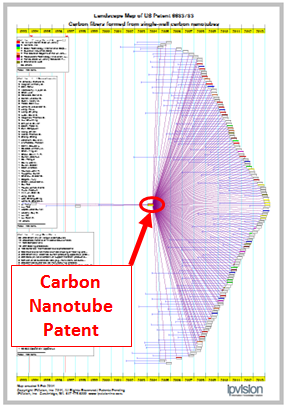The Lemelson-MIT Awards Committee announced that the 2014 Winner of the $500,000 Lemelson-MIT Prize is
Sangetta Bhatia, a Howard Hughes Medical Institute Investigator and the John J. and Dorothy Wilson Professor at MIT’s Institute for Medical Engineering and Science and Electrical Engineering and Computer Science and a faculty member at the Koch Institute for Integrative Cancer Research at MIT.
According to The Lemelson-MIT Program the Prize "recognizes individuals who translate their ideas into inventions and innovations that improve the world in which we live....Dubbed the "Oscar for Inventors," the Lemelson-MIT Prize is awarded to outstanding mid-career inventors who have developed a patented product or process of significant value to society, which has been adopted for practical use, or has a high probability of being adopted."
Trained as both a physician and engineer, Bhatia is dedicated to leveraging miniaturization tools from the world of semiconductor manufacturing to impact human health. She has pioneered technologies for interfacing living cells with synthetic systems, enabling new applications in tissue regeneration, stem cell differentiation, medical diagnostics and drug delivery. Her multidisciplinary team has developed a broad and impactful range of inventions, including human micro livers which model human drug metabolism, liver disease, and interaction with pathogens, and a suite of communicating nanomaterials that can be used to interrogate, monitor and treat cancer and other diseases. See:
MIT Technology Review for articles and stories about her work.
Patent Portfolio Interconnection Map of Belcher Patents
As of June 2014 Professor Belcher was listed as an inventor on 11 issued U.S. patents and 27 published pending U.S. patent applications.
This IPVision Patent Portfolio Interconnection Map shows the U.S. patents and applications of Sangetta Bhatia and the citation relationships within the portfolio. Note: Click on the Patent Map Image to View an Interactive Patent Map
The Bhatia patents have been cited by 243 other U.S. patents owned by companies such as Sanofi-Aventis, C.R. Bard, Insulet Corporation, BioArray Soulutions and Surface Logix.
IPVision Report Provided to Lemelson-MIT Prize Committee
IPVision provided the Lemelson-MIT Prize Committee with patent analysis reports on each of the semi-finalist and finalist nominees for the 2014 Lemelson-MIT Prize. Obtain a free copy of the IPVision Patent Analysis Report on Sangetta Bhatia.














